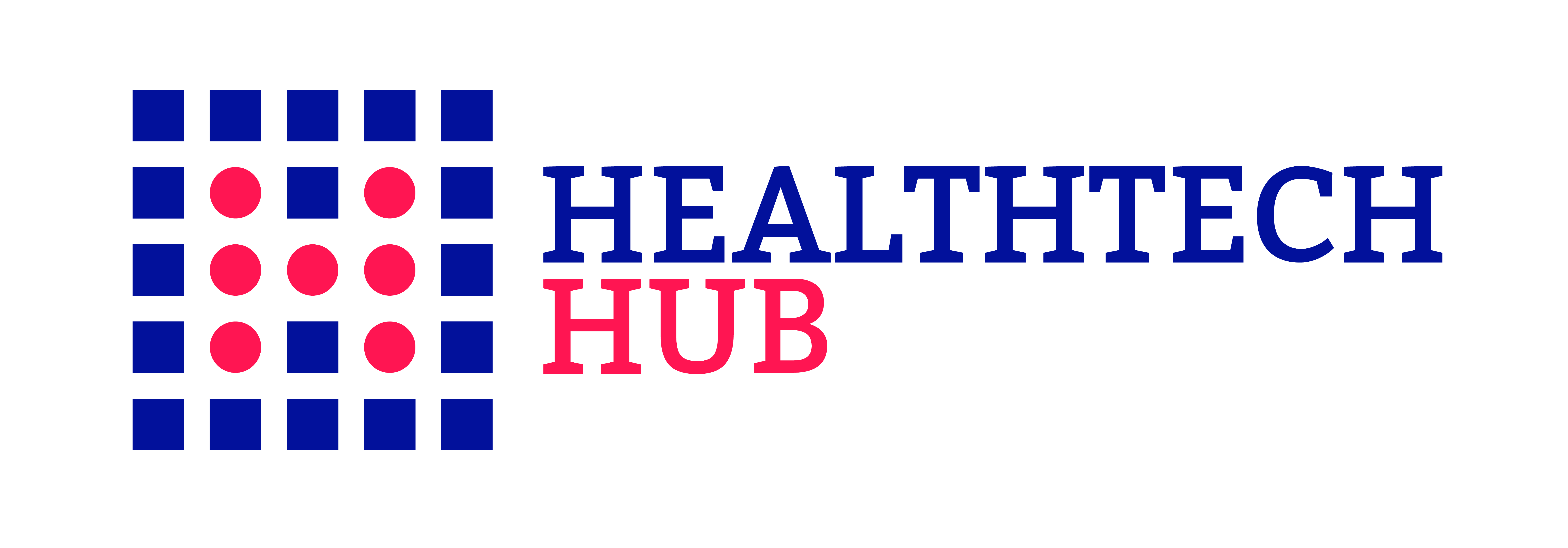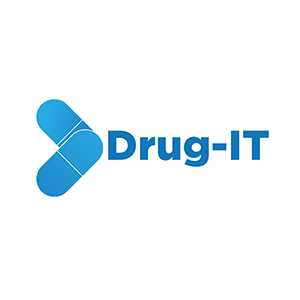If you’re interested in the intersection of healthcare and technology, you might be interested in learning about the burgeoning healthtech startup scene in Nigeria. As the most populous country in Africa, Nigeria faces significant healthcare challenges, including a shortage of medical professionals and a high burden of disease. However, a growing number of entrepreneurs are leveraging technology to improve access to healthcare and promote better health outcomes. In recent years, Nigeria has seen a surge in healthtech startups, with companies focused on everything from telemedicine and electronic health records to medical device development and health insurance. These startups are often driven by a desire to address the unique healthcare needs of Nigeria’s population, which is young and rapidly growing. Additionally, many entrepreneurs are attracted to the potential for innovation in the healthcare sector, which has historically been slow to adopt new technologies.
Healthtech Startups in Nigeria

Overview of Healthtech Landscape in Nigeria
Nigeria’s healthcare system has long been plagued by inadequate funding, poor infrastructure, and a shortage of skilled medical personnel. However, the emergence of healthtech startups is beginning to change the narrative. With the use of technology, these startups are providing innovative solutions to the challenges facing the Nigerian healthcare system.
The Role of Technology in Nigerian Healthcare
Technology has played a significant role in the transformation of the Nigerian healthcare system. With the use of telemedicine, electronic health records, and mobile health applications, healthcare providers can now reach more patients, provide better care, and improve patient outcomes. The use of technology has also helped to reduce healthcare costs, increase efficiency, and improve access to healthcare services.
Government and Investor Involvement
The Nigerian government and investors are beginning to recognize the potential of the healthtech industry and are taking steps to support its growth. In 2020, the Nigerian government launched the Nigerian Healthcare Innovation and Investment Conference, which aims to promote innovation and investment in the healthcare sector. Investors are also beginning to show interest in the healthtech industry, with several startups receiving funding from local and international investors.
The healthtech landscape in Nigeria is rapidly evolving, with startups providing innovative solutions to the challenges facing the Nigerian healthcare system. With the support of the government and investors, the healthtech industry in Nigeria is poised for significant growth, creating employment opportunities and contributing to the growth of the Nigerian economy.
Challenges and Opportunities for Healthtech in Nigeria
As a healthtech startup in Nigeria, you face a number of challenges, but also have many opportunities to make a significant impact on the healthcare industry. Here are some of the key challenges and opportunities that you need to be aware of:
Improving Access to Quality Healthcare
One of the biggest challenges facing the healthcare industry in Nigeria is the lack of access to quality healthcare for many people. This is particularly true in rural areas, where there are few healthcare facilities and healthcare professionals. As a healthtech startup, you have the opportunity to improve access to quality healthcare by developing innovative solutions that can be used in remote areas. This could include telemedicine platforms, mobile apps that provide health information and advice, and AI-powered diagnostic tools.
Innovations in Patient Care and Telemedicine
Another area where healthtech startups in Nigeria can make a significant impact is in patient care and telemedicine. With the rise of telemedicine, patients can now receive care from anywhere, at any time. This is particularly important in Nigeria, where many people live in remote areas and have limited access to healthcare facilities. By developing innovative telemedicine solutions, you can help to improve access to care and reduce the burden on healthcare facilities.








